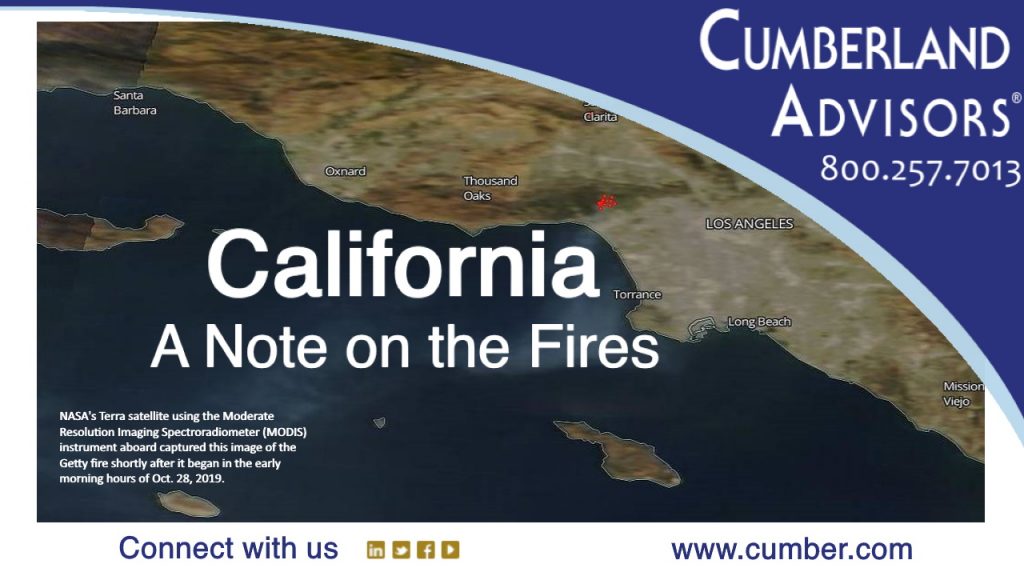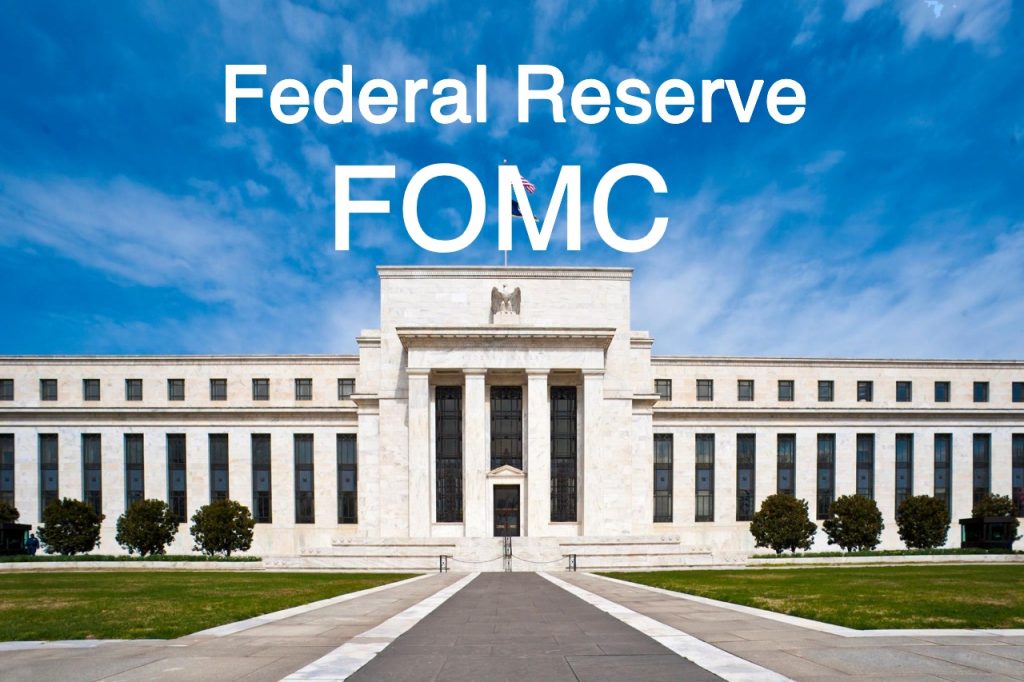Superstorm Sandy soaked the Northeast, and its 80-mph winds caused almost $70 billion in damages per Wikipedia. It was one of the most costly natural disasters ever to hit the United States. The extent of the damage was also a function of the storm’s hitting many densely populated areas that were centers of economic activity. No one yet knows, and it will likely take some time to determine the full cost of the 2019 fires in terms of damages to homes and businesses, lives lost, and the cost of the herculean response by CalFire, municipal fire departments, and others. It is only October, while the deadly Camp fire of 2018 occurred in November, and dry conditions continue to persist. The fires this year, like Superstorm Sandy, have occurred in or near some densely populated areas with high real estate values, many businesses, and intense economic activity.
Continued: https://www.cumber.com/cumberland-advisors-market-commentary-fire-and-water/






